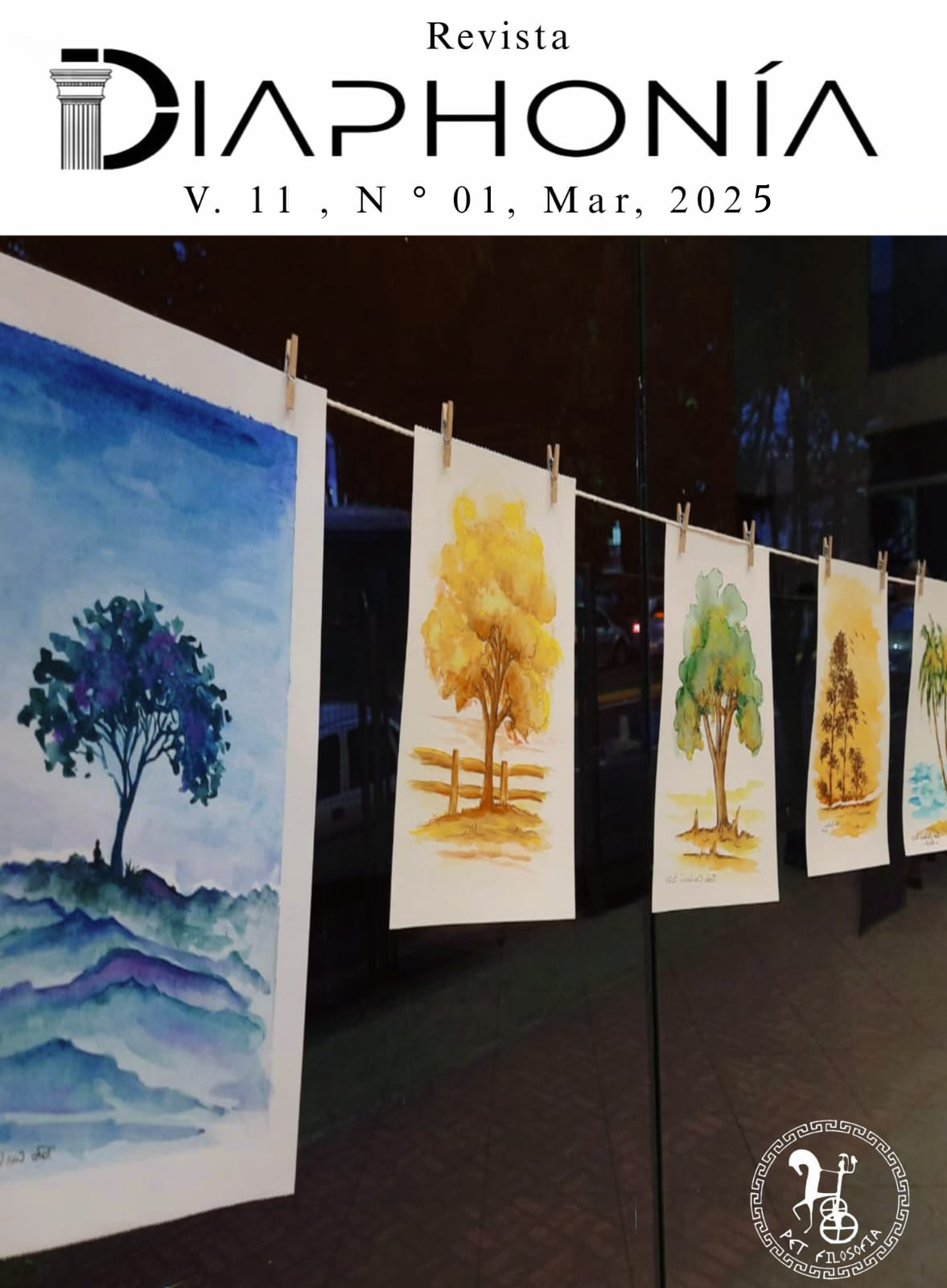The cartesian dualism and the perspective of princess Elisabeth of Bohemia
DOI:
https://doi.org/10.48075/rd.v11i1.35217Keywords:
Dualismo, Elisabeth, PaixõesAbstract
Body and soul are the pillars of Descartes’ philosophy. Substantial dualism is considered of such importance because Descartes establishes it as the root of the tree of wisdom. Cartesian dualism becomes the subject of correspondence exchanged between Elisabeth of Bohemia and the philosopher. Elisabeth presents Descartes with inquires about his theory, aiming to understand something that, for her, is initially inconceivable: the interaction between an immaterial substance, the soul, and a material substance, the body. These inquiries lead the thinker to suppose a certain materiality to the soul. The purpose of this discussion lies in understanding an ethical life, as it is through knowledge of this interaction that it will be possible to consider control over the passions.
Downloads
Published
How to Cite
Issue
Section
License
Copyright (c) 2025 DIAPHONÍA Journal

This work is licensed under a Creative Commons Attribution-NonCommercial-ShareAlike 4.0 International License.
Aviso de Direito Autoral Creative Commons
Política para Periódicos de Acesso Livre
Autores que publicam nesta revista concordam com os seguintes termos:
1. Autores mantém os direitos autorais e concedem à revista o direito de primeira publicação, com o trabalho simultaneamente licenciado sob a Licença Creative Commons Attribution que permite o compartilhamento do trabalho com reconhecimento da autoria e publicação inicial nesta revista.
2. Autores têm autorização para assumir contratos adicionais separadamente, para distribuição não-exclusiva da versão do trabalho publicada nesta revista (ex.: publicar em repositório institucional ou como capítulo de livro), com reconhecimento de autoria e publicação inicial nesta revista.
3. Autores têm permissão e são estimulados a publicar e distribuir seu trabalho online (ex.: em repositórios institucionais ou na sua página pessoal) a qualquer ponto antes ou durante o processo editorial, já que isso pode gerar alterações produtivas, bem como aumentar o impacto e a citação do trabalho publicado (Veja O Efeito do Acesso Livre).
Licença Creative Commons
Esta obra está licenciada com uma Licença Creative Commons Atribuição-NãoComercial-CompartilhaIgual 4.0 Internacional, o que permite compartilhar, copiar, distribuir, exibir, reproduzir, a totalidade ou partes desde que não tenha objetivo comercial e sejam citados os autores e a fonte.


